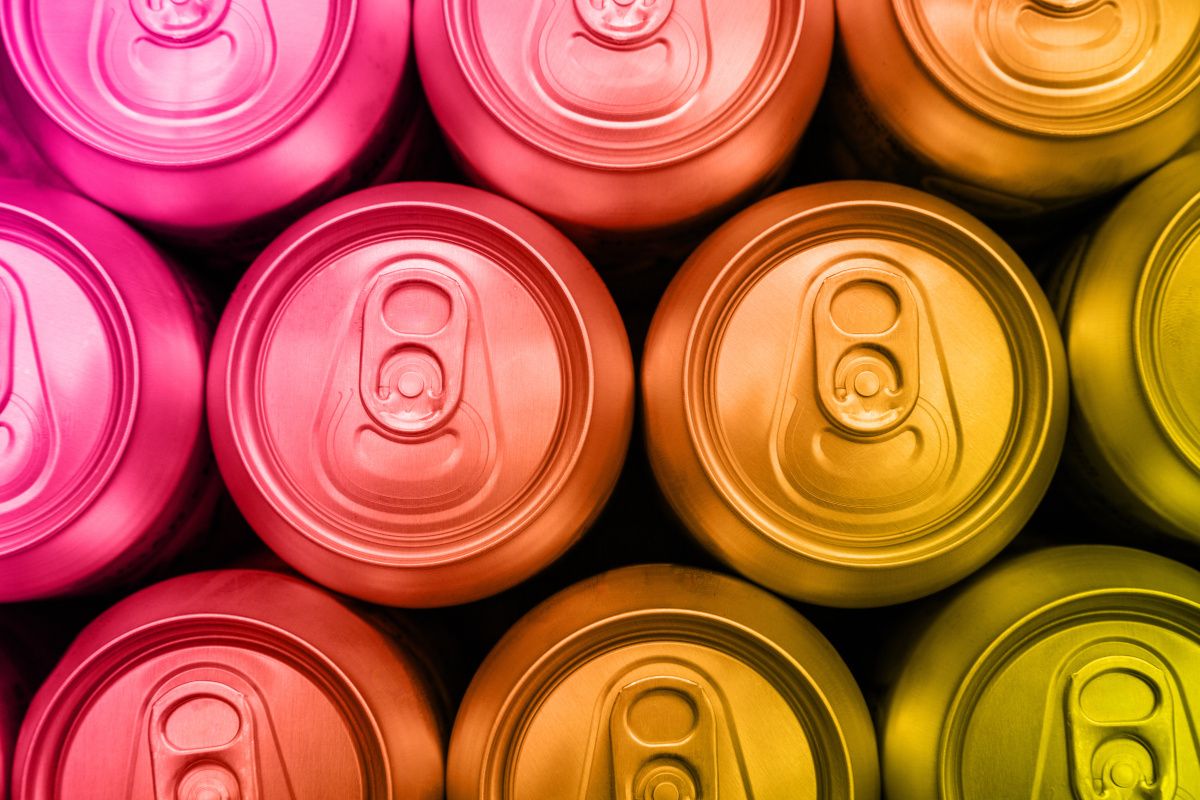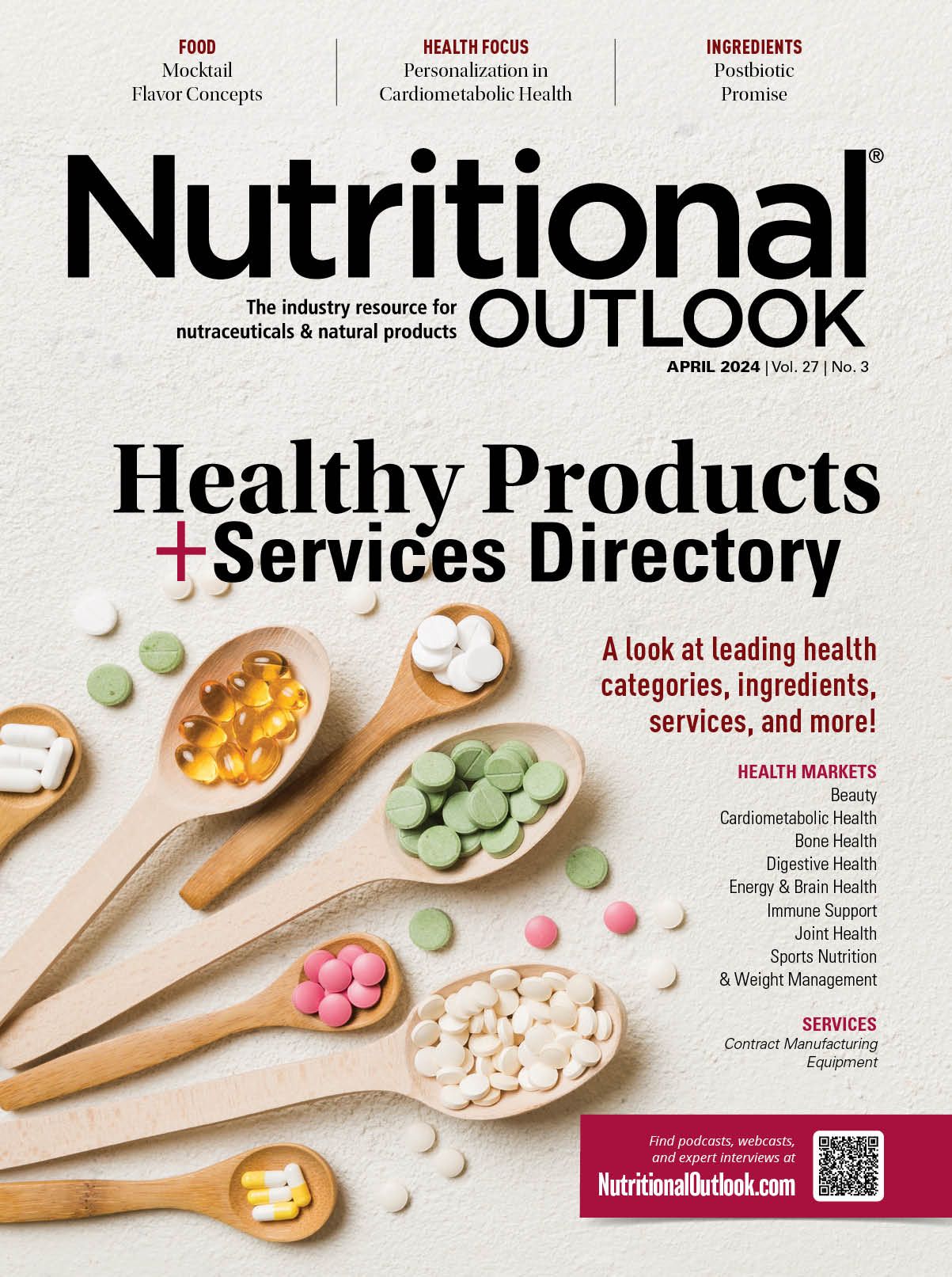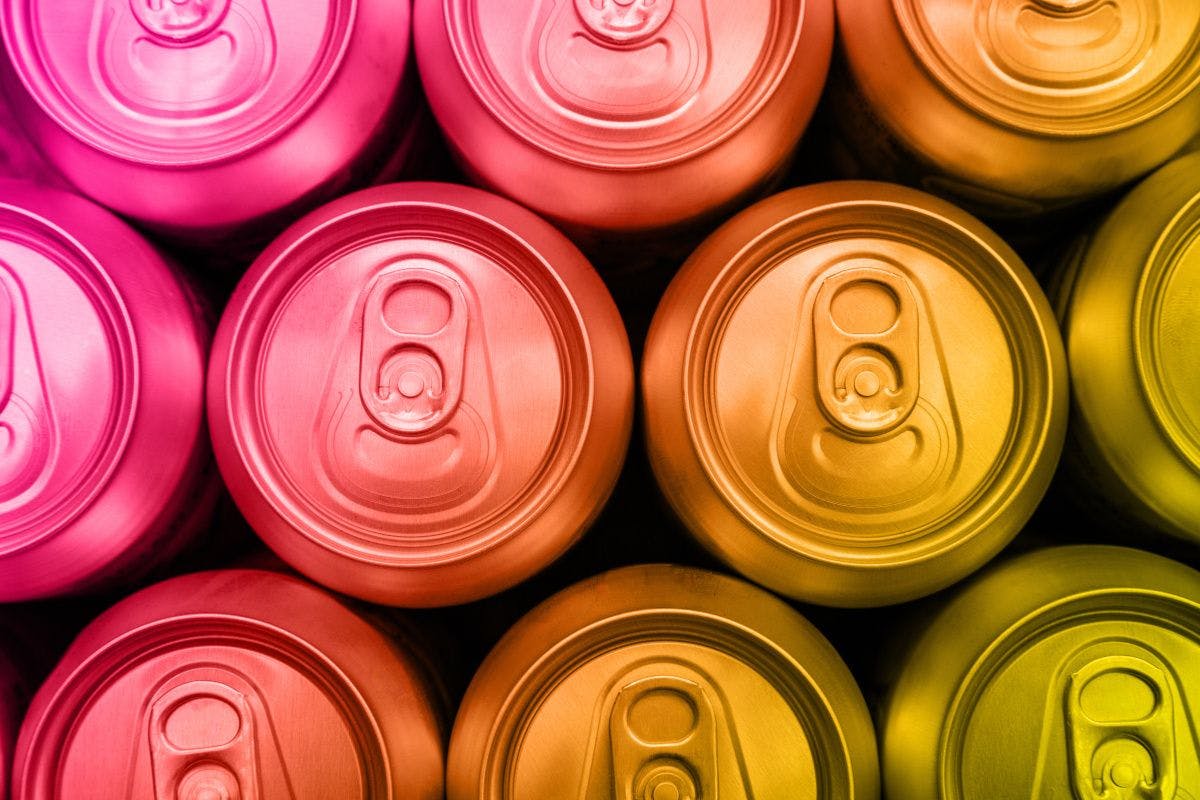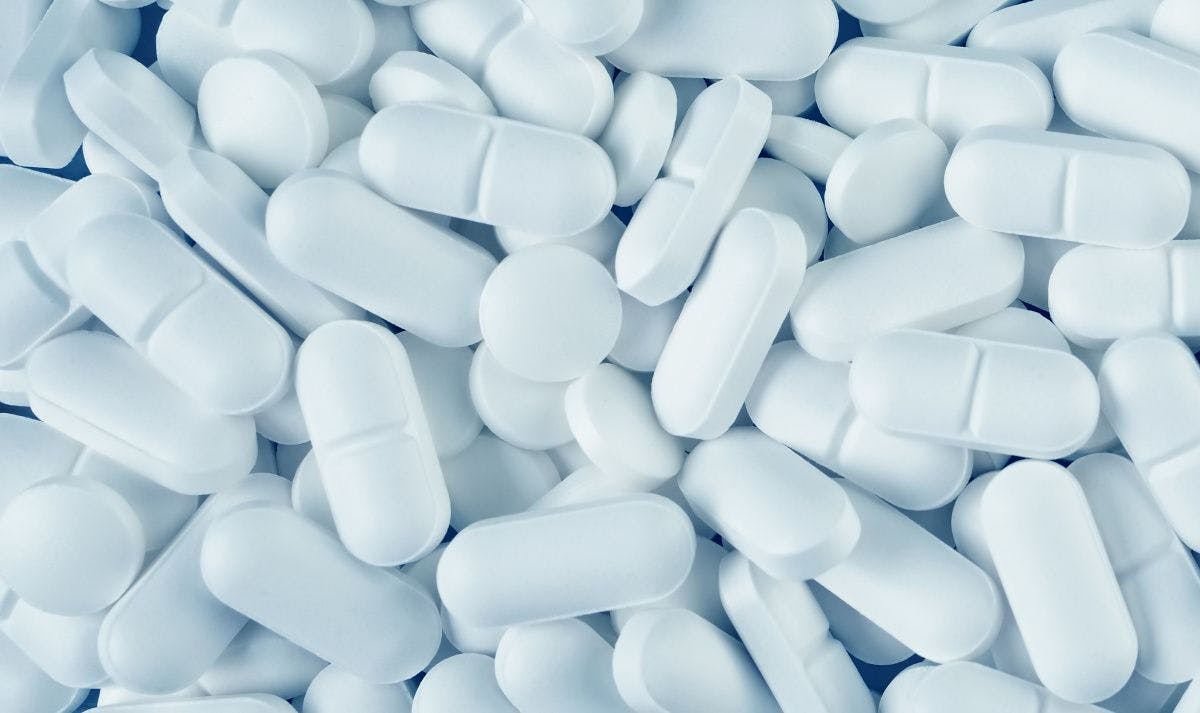Beverage contract manufacturing: what’s new and what’s expected
What goes into creating successful functional beverages?
Photo © AdobeStock.com/Tom Eversley

The functional beverage marketplace in particular is growing exponentially. Just how much is this market booming and will it last? This growth is expected to continue. According to Mordor Intelligence revenues in the functional beverage market are expected to reach $203.41 billion by 2028.
What are manufacturers doing now in this busy market? What challenges do manufacturers face when creating functional beverages? And just who is seeking these products out? Experts in the industry must consider these questions to best understand the opportunities that this submarket presents.
Creation and Improvement:What Are Manufacturers Doing Now?
Lisa Mayer serves as the customer success manager, at The Bench, by Flavorchem (Downers Grove, IL). She said that the company is focused on turning their clients’ beverage ideas into reality. This involves several key steps, depending on the needs of the client. A deep dive using a detailed project brief is the first step for any new project, Mayer said.
“Our team then crafts the product, focusing on taste, appearance, macronutrients, ingredients, and claims to exceed expectations,” said Mayer. Ideations and incorporating market trends is another important step. And if a client is revamping an existing product, the company performs a careful analysis and implements strategic modifications aligned with consumer preferences, Mayer said. “Throughout the whole process, we keep our clients in the loop with regular updates,” she noted. “It’s all about building a solid partnership where everyone’s in the know and excited about the end result.”
At Univar Solutions, (Downers Grove, IL), Silvi Siddhu is the global director of nutraceuticals. She stated that the company’s involvement differs significantly depending on the needs of the client. This might include recommending and supplying ingredients for desired claims, said Siddhu, like prebiotics, high protein, or upcycled ingredients. Or it might focus on essential ingredients within the matrix, such as solubility, effervescence, or sugar reduction, she stated.
“Food and beverage manufacturers are developing more products driven by health-conscious consumers, and they are doing so by formulating with nutrient-dense and clinically proven ingredients,” said Siddhu. “Brand owners should ensure the ingredients associated with the health claims made on their labels are supported by research to help build consumer trust and drive product sales.”
Challenges in Creating Functional Beverages
Creating a new product requires a lot of time, resources, and energy. When working with functional beverage companies, Siddhu stated that convenience, transparency, clean labeling, and function are the most common things consumers look for. “Depending on the end goal, there may be certain challenges,” Siddhu noted. “For example, we recently addressed some challenges on the formulation end, such as ingredient stability in a lower pH and clarity in a high protein water beverage.”
“Our technical specialists continuously use new technologies to solve formulators’ challenges in the food and beverage market. Univar Solutions offers a network of over 20 formulation centers and 45 quality assurance facilities around the globe to support formulators designing new products,” Siddhu explained. “Our experts’ capabilities include product ideation, prototype design, stability testing, and more.”
#Trends: What’s New in Functional Beverages?
Senior marketing specialist at The Bench by Flavorchem, Rebecca Shurhay, noted that trends in this submarket are diverse. Staying aware of these is key. As the functional beverage market evolves, brands must adapt to the trends shaping consumer preferences, said Shurhay. “Flavors with perceived wellness attributes that enhance energy, hydration, and mood are in high demand and will drive several functional beverage trends this year.”
Other trends include gut health and how functional beverages might tie into improved digestion. “Gut health is gaining importance for well-being, leading consumers to seek probiotic and fermented drinks for digestive benefits,” Shurhay explained. “Kombucha, kefir, and similar beverages with live bacteria cultures are popular for promoting gut health.” Across the board, analysts predict that these types of beverages, along with those focused on promoting natural energy and performance, will continue to be an area of the market that sees continued interest and growth, noted Shurhay. This is an area, “…that businesses should consider when expanding their product offerings,” she stated.
Gut health, flavoring, high protein options—these are just a small sample of the types of things consumers are looking for now when it comes to functional beverages. With further study and greater consumer interest, the future for this market looks bright

Prinova acquires Aplinova to further increase its footprint in Latin America
April 7th 2025Prinova has recently announced the acquisition of Brazilian ingredients distributor Aplinova, which is a provider of specialty ingredients for a range of market segments that include food, beverage, supplements, and personal care.




















